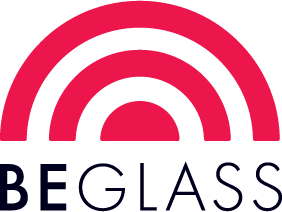Overview
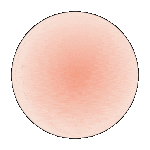
Striker
This style may not reveal (strike to) its target color until fired.
Reactive Potential
Contains: Sulfur (S) / Selenium (Se)
May React With: Copper (Cu), Lead (Pb), and Silver (Ag)
Forms of Glass
Sheet Glass (-0030, -0050), Frit (-0001, -0002, -0003, -0008) Rod (-0576) and Stringer (-0107, -0272)
Detailed Information
About 000203 Sheet Glass
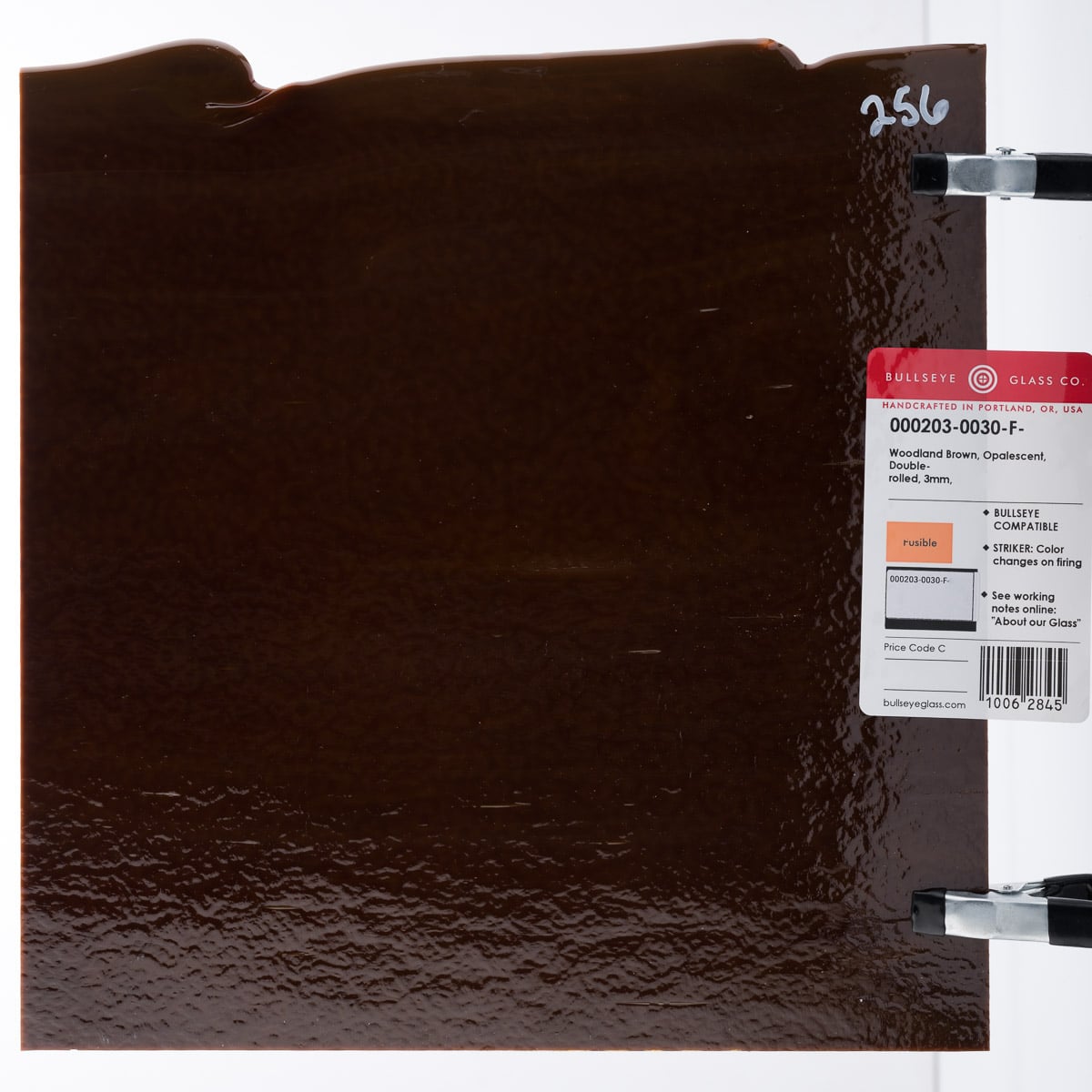
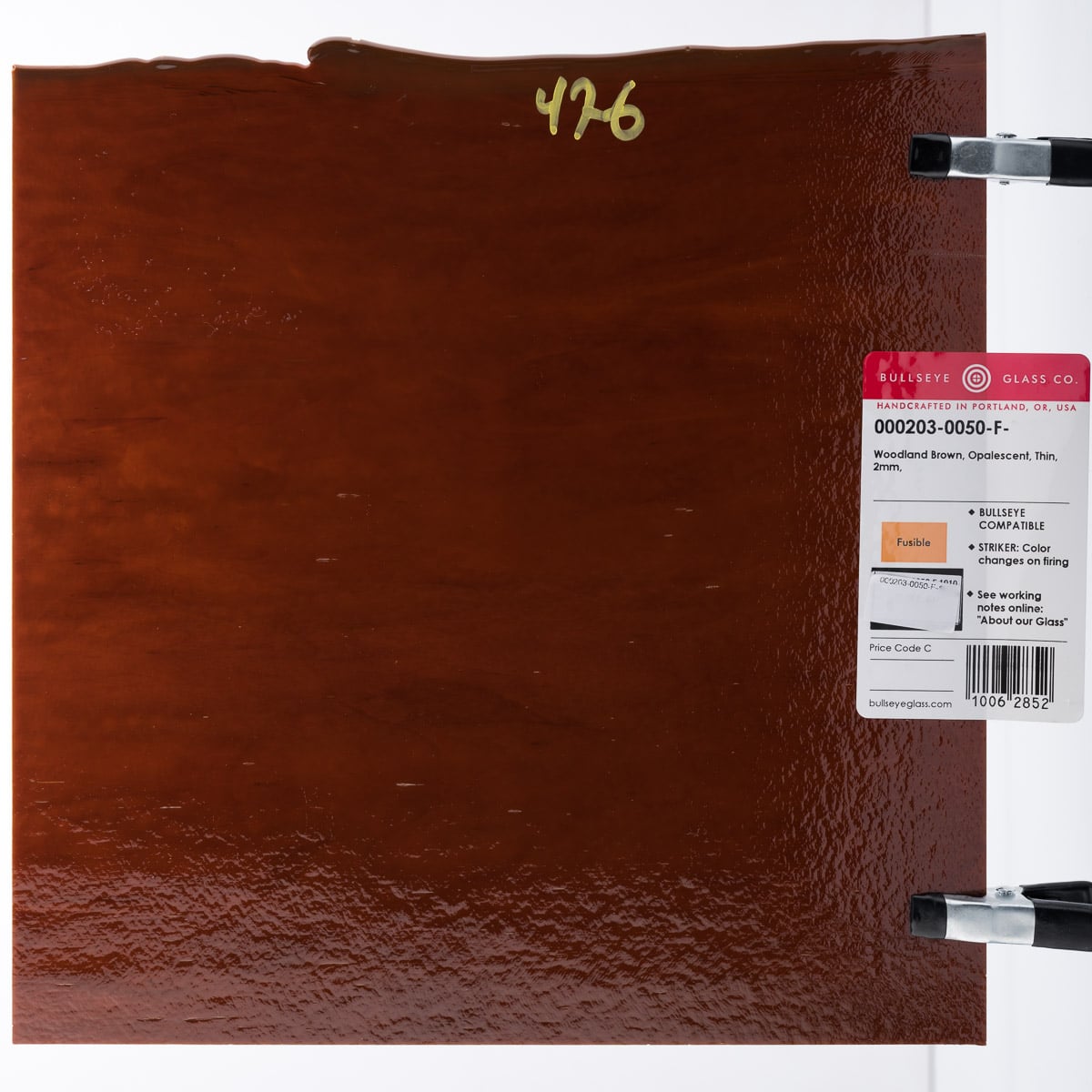
Cold Characteristics
Partly transparent.
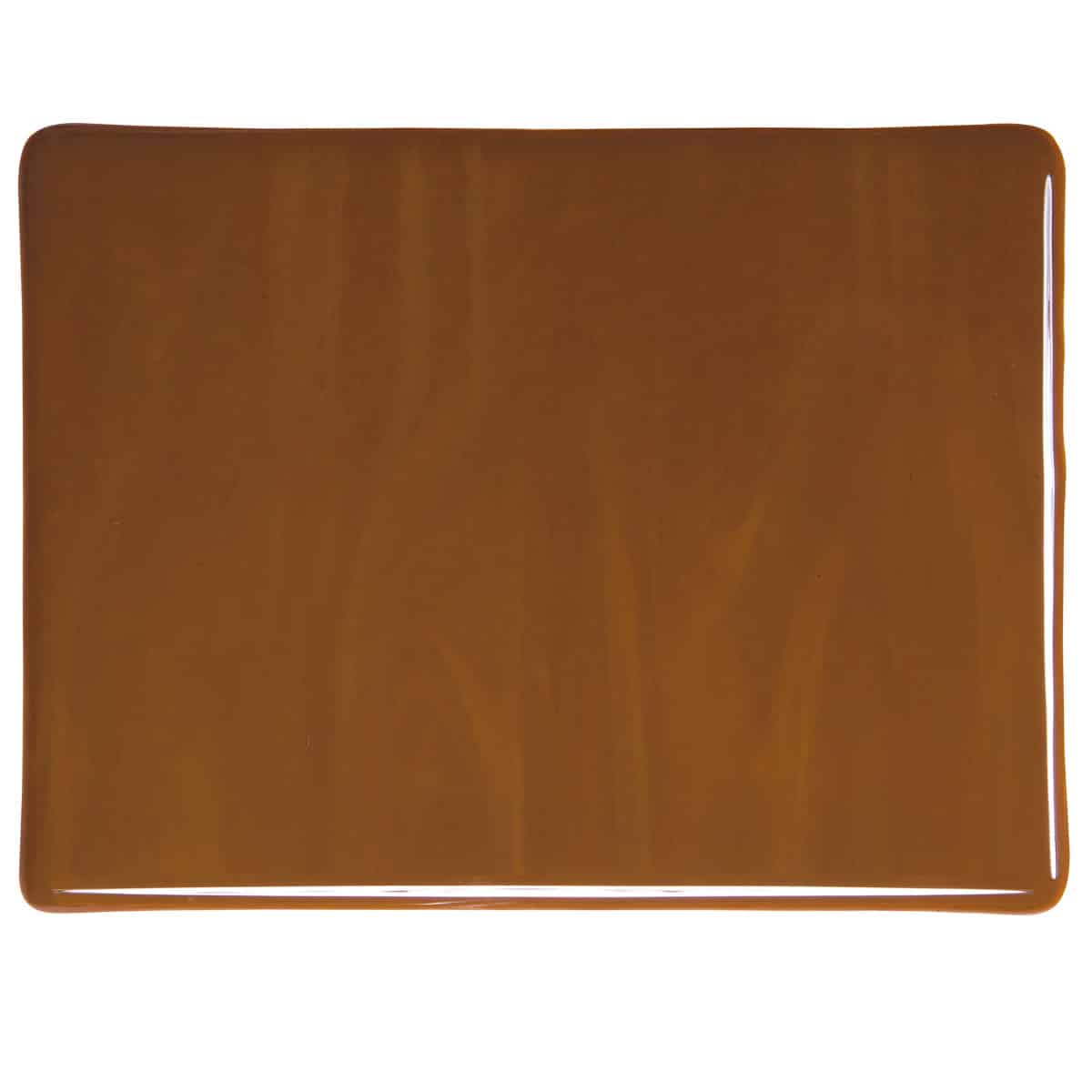
Working Notes
Opalizes upon firing. Color becomes slightly lighter with slight dappling.
This style is not suitable for kilncasting because it can become incompatible when held at high temperatures for an extended period. It may also become incompatible in instances where processes exceed the parameters of the test for compatibility. Testing recommended when heatwork exceeds these parameters.
Bullseye Compatible.
About 000203 Frit
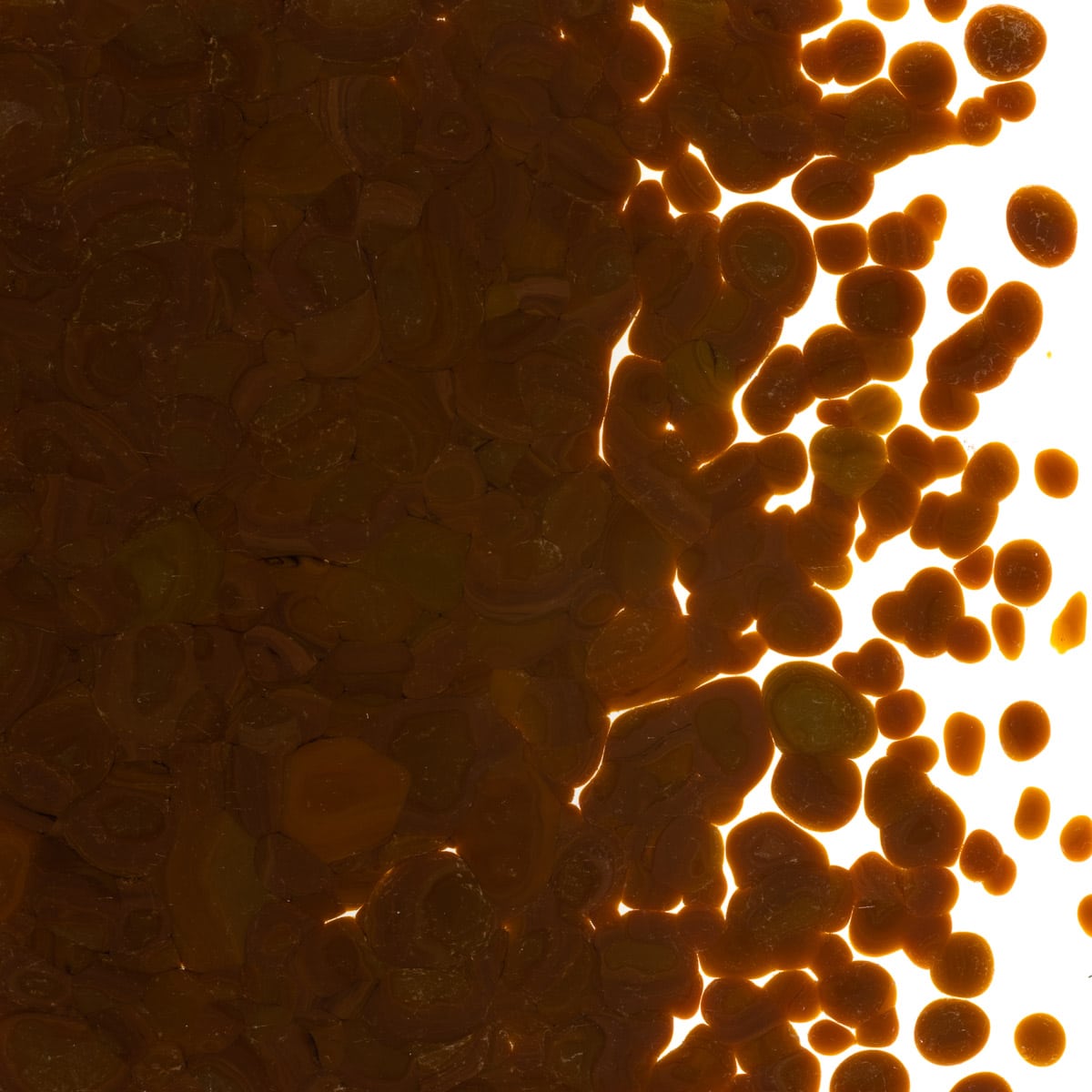
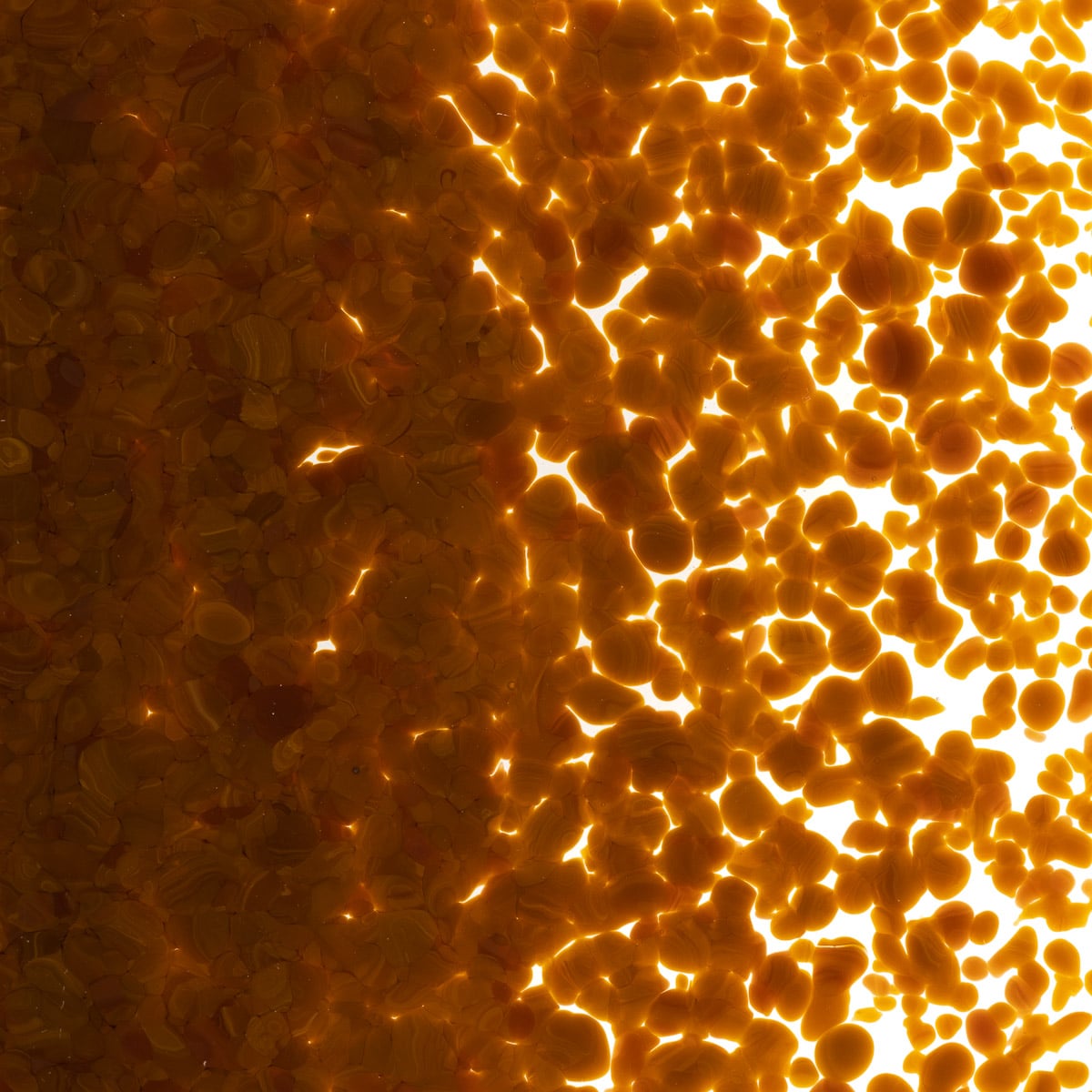
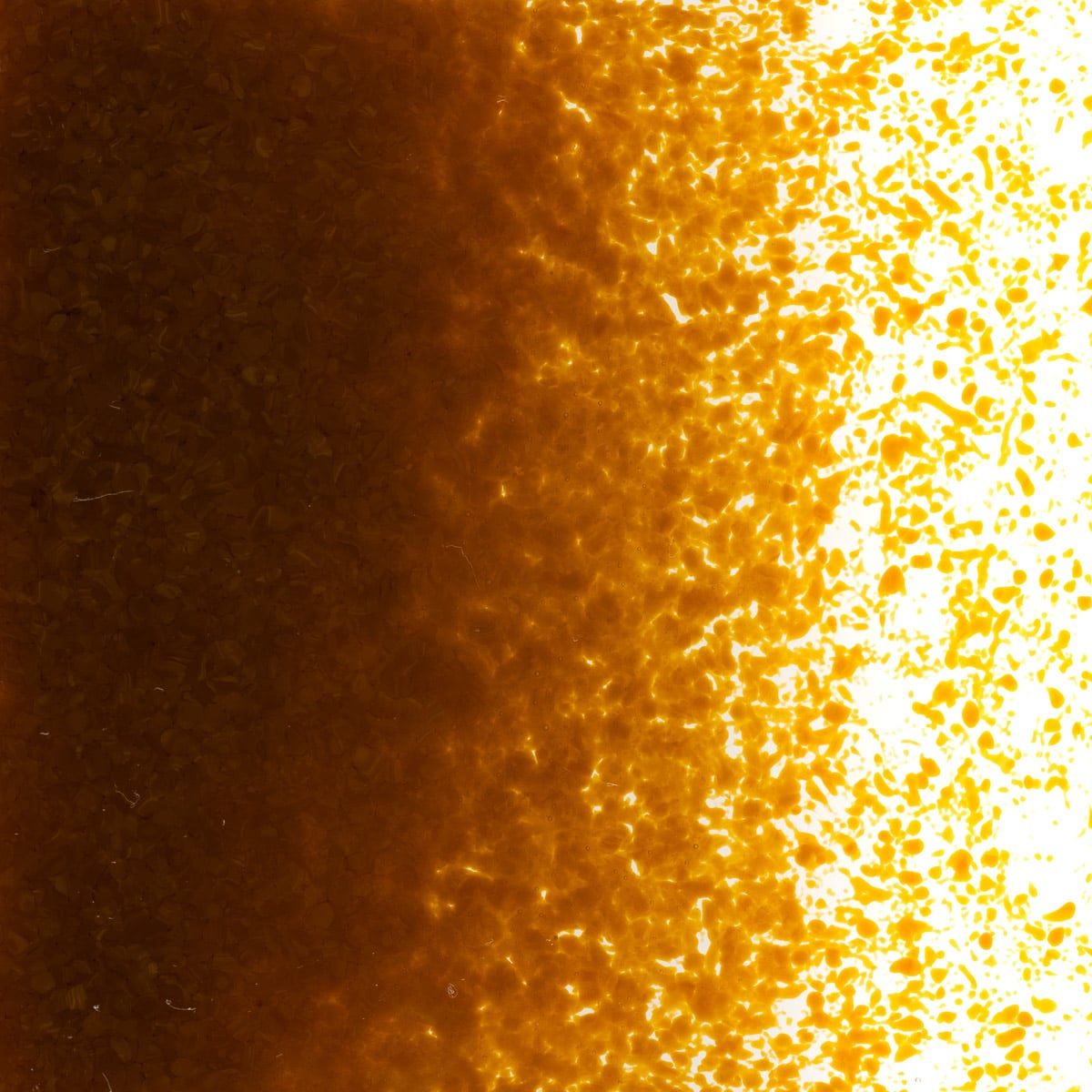
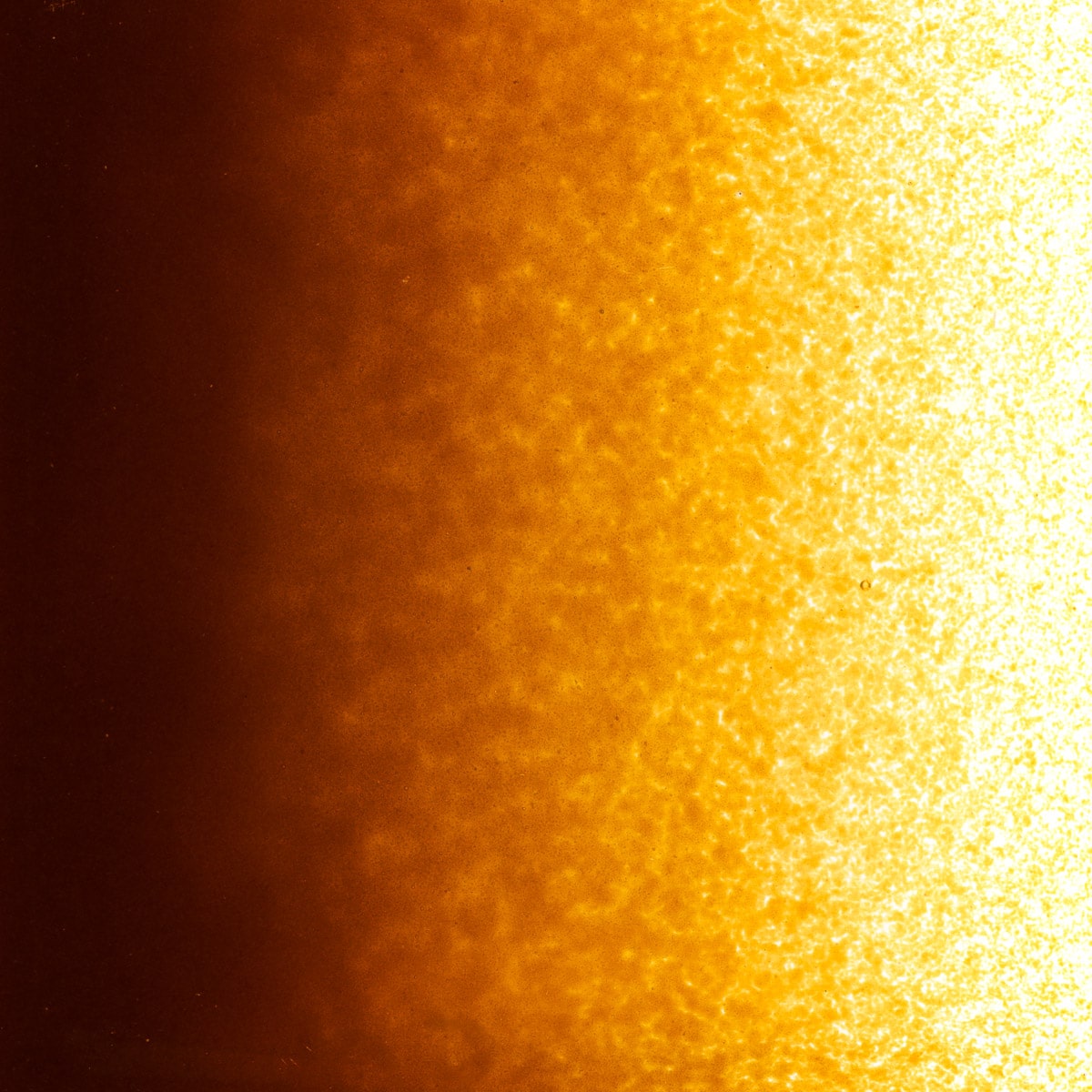
Working Notes
This style is not suitable for kilncasting because it can become incompatible when held at high temperatures for an extended period. It may also become incompatible in instances where processes exceed the parameters of the test for compatibility. Testing recommended when heatwork exceeds these parameters.
About 000203 Rod
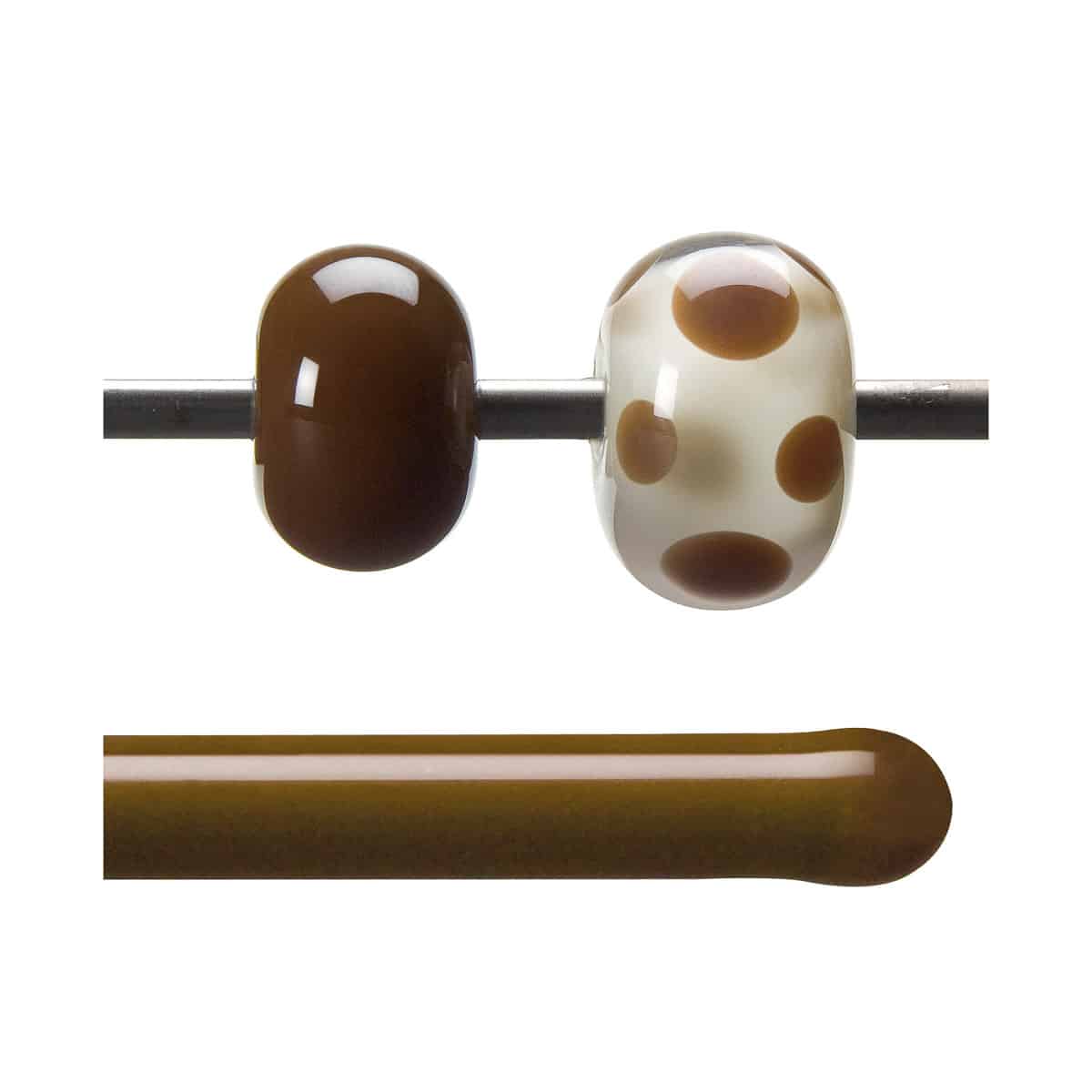
Cold Characteristics
Medium, mousey brown to gray, opaque.
Working Notes
Torch: Woodland Brown Opalescent Rod (000203-0576) matures to rich, dark brown in the flame.
Kiln: Lighter, yellow-side color in comparison to sheet glass form. This style is not suitable for kilncasting because it can become incompatible when held at high temperatures for an extended period. It may also become incompatible in instances where processes exceed the parameters of the test for compatibility. Testing recommended when heatwork exceeds these parameters.
Other: The brown color of this style results from reactions between several of the elements that are listed as reactive with one another elsewhere on this chart. As such, it may react with many of the other glasses that contain these elements. However it is likely that the reaction will be subtle or unnoticeable due to similarities in the color of the reaction and the color of the glass. Lighter, yellow-side color in comparison to sheet glass form.
About 000203 Stringer
Working Notes
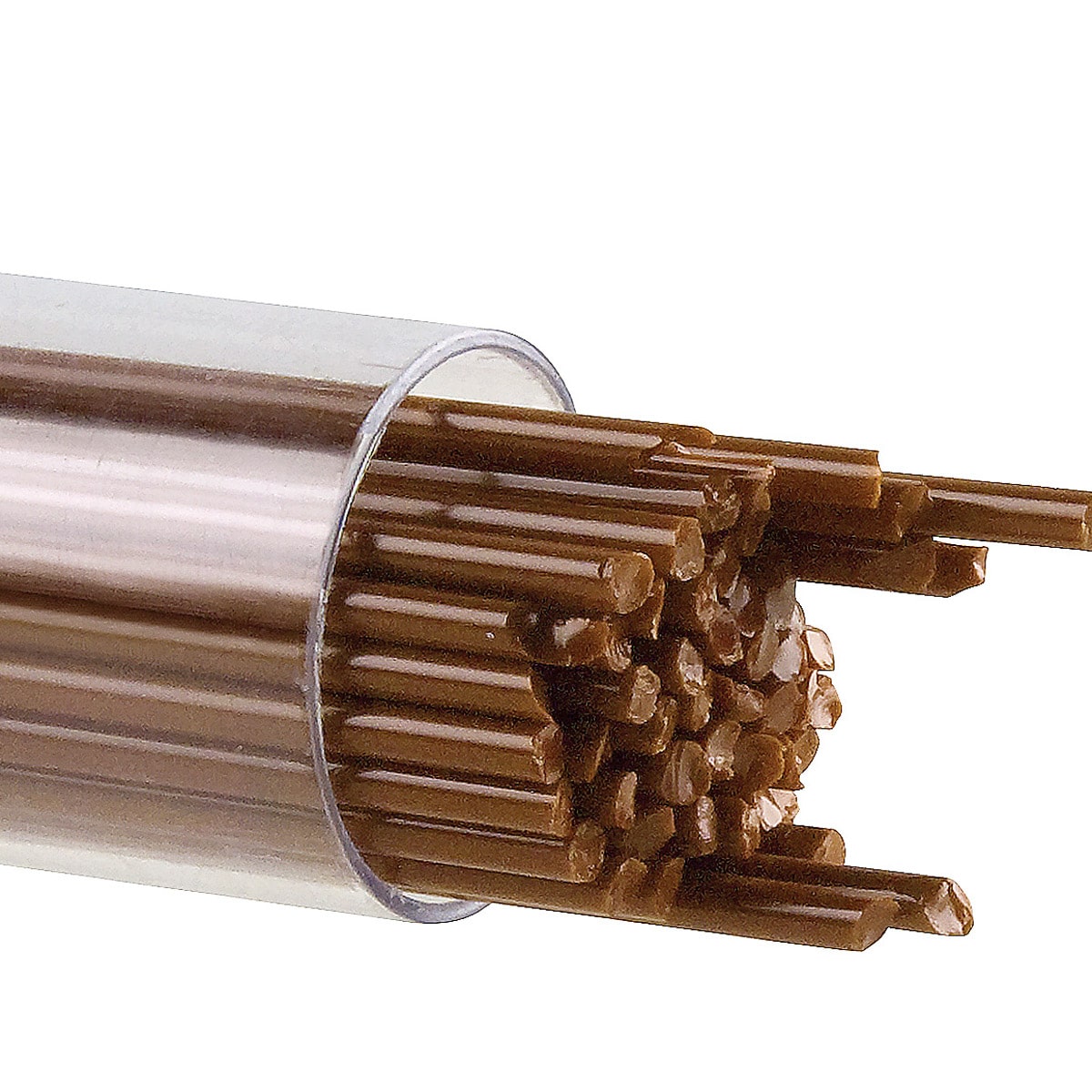
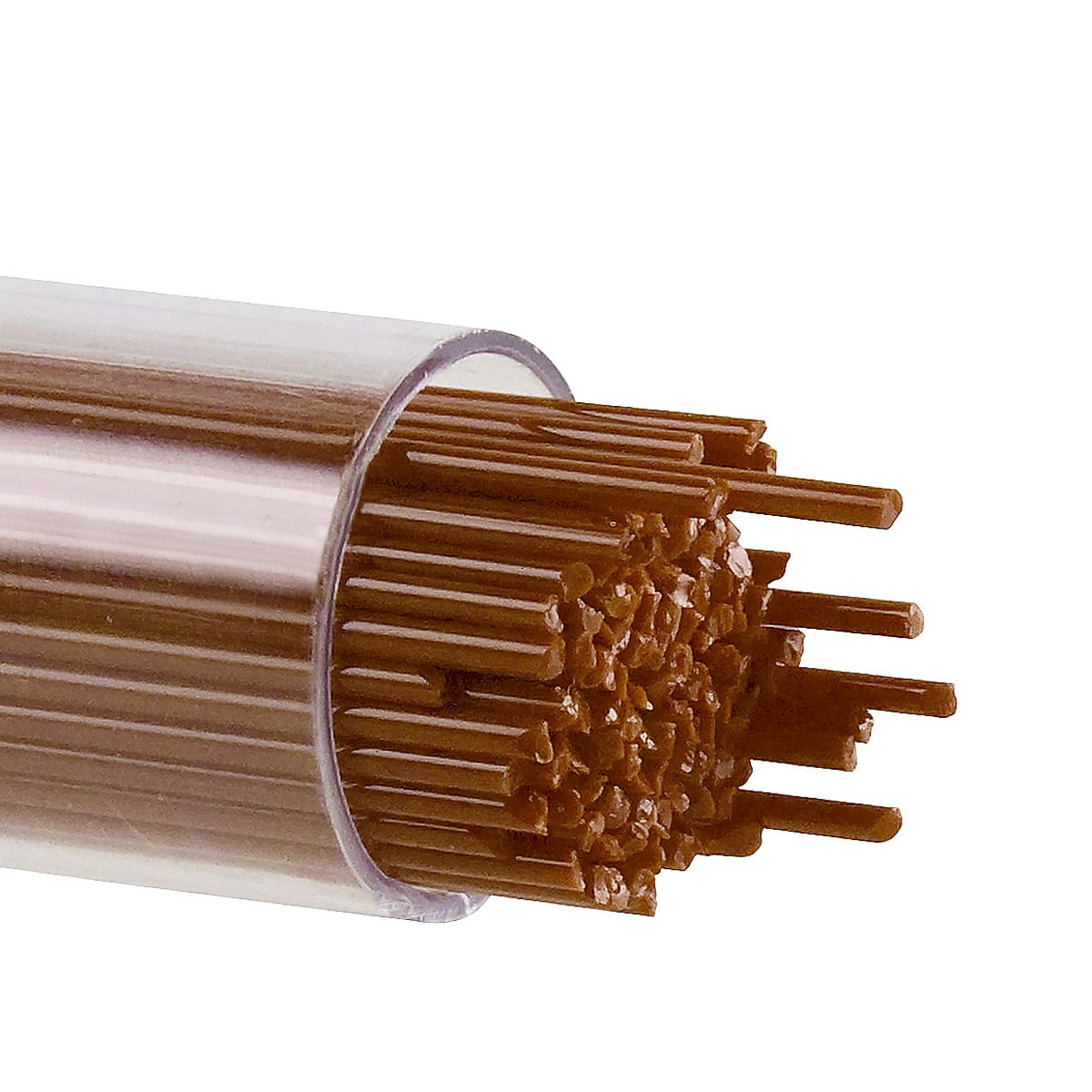
This style is not suitable for kilncasting because it can become incompatible when held at high temperatures for an extended period. It may also become incompatible in instances where processes exceed the parameters of the test for compatibility. Testing recommended when heatwork exceeds these parameters.
